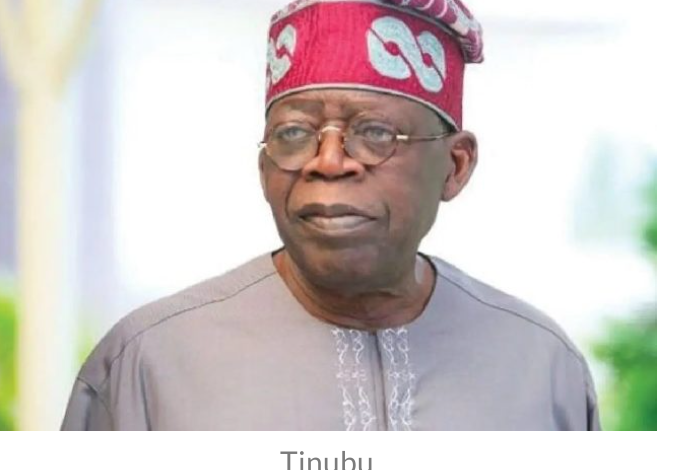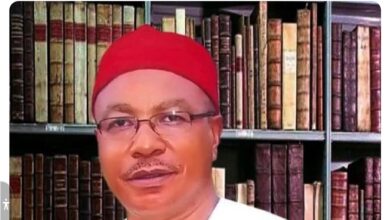Labour leaders fault Tinubu’s N500 billion palliatives plan, say it’s like drop of water in ocean

Funmi Sessi, the chairman of the Nigeria Labour Congress (NLC) in Lagos, says the federal government’s plan to give N8,000 to 12 million households for six months will be like a drop of water in the ocean.
Agency of Nigeria (NAN) report that, Ms Sessi spoke in Lagos on Friday as stakeholders in the sector reacted to the government plan.
“I wonder what it can buy and the services it can render for 30 days,” said Ms Sessi. “N8,000 cannot take care of a family for a week; it is not possible; it is going to be like a drop of water in the ocean.”
Agency of Nigeria (NAN) report that, In a letter to the National Assembly, President Bola Tinubu expressed his desire for the federal government’s National Safety Net Programme to provide for the needs of the nation’s poor and vulnerable households.
According to the concept, N8,000 would be digitally transferred each month for six months to the accounts of 12 million low-income and disadvantaged households.
The funds are anticipated to boost economic activity in the unorganised sector and raise beneficiaries’ households’ standard of life.
NAN report that, Ms. Sessi questioned the administration about how the palliatives would be delivered and how to identify the residents who would be most impacted.
However, the labour leader advised the president to build the necessary facilities and infrastructure so that Nigerians could support themselves and their families on their own.
It should identify people who are interested in engaging in various agricultural activities, provide them with resources, and activate them so they can also work as employers, she said.
The action, according to Oluwole Olusoji, president of the Association of Senior Staff of Banks, Insurance, and Financial Institutions, was a repetition of an old procedure that did not bring any new value.
“Subsidised quality of service, not monetary handouts, is what the public needs.
According to Mr. Olusoji, “subsidised education up to a certain level, access to high-quality, subsidised health services (free for children and established poor families), subsidised government-managed transit, and effective infrastructure (electricity, roads, and communication) will offer better value.
Before beginning any palliative care distribution, it would be appropriate, according to Tommy Okon, national deputy president of the Trade Union Congress of Nigeria, to wait for the presidential committee on the removal of oil subsidies to complete its report and reach a collective bargaining agreement with organised labour.
In the absence of that, he said, “it will amount to doing exactly what the previous administration did, which had no positive effects on the environment or the economy.”
Lukundu (
)





